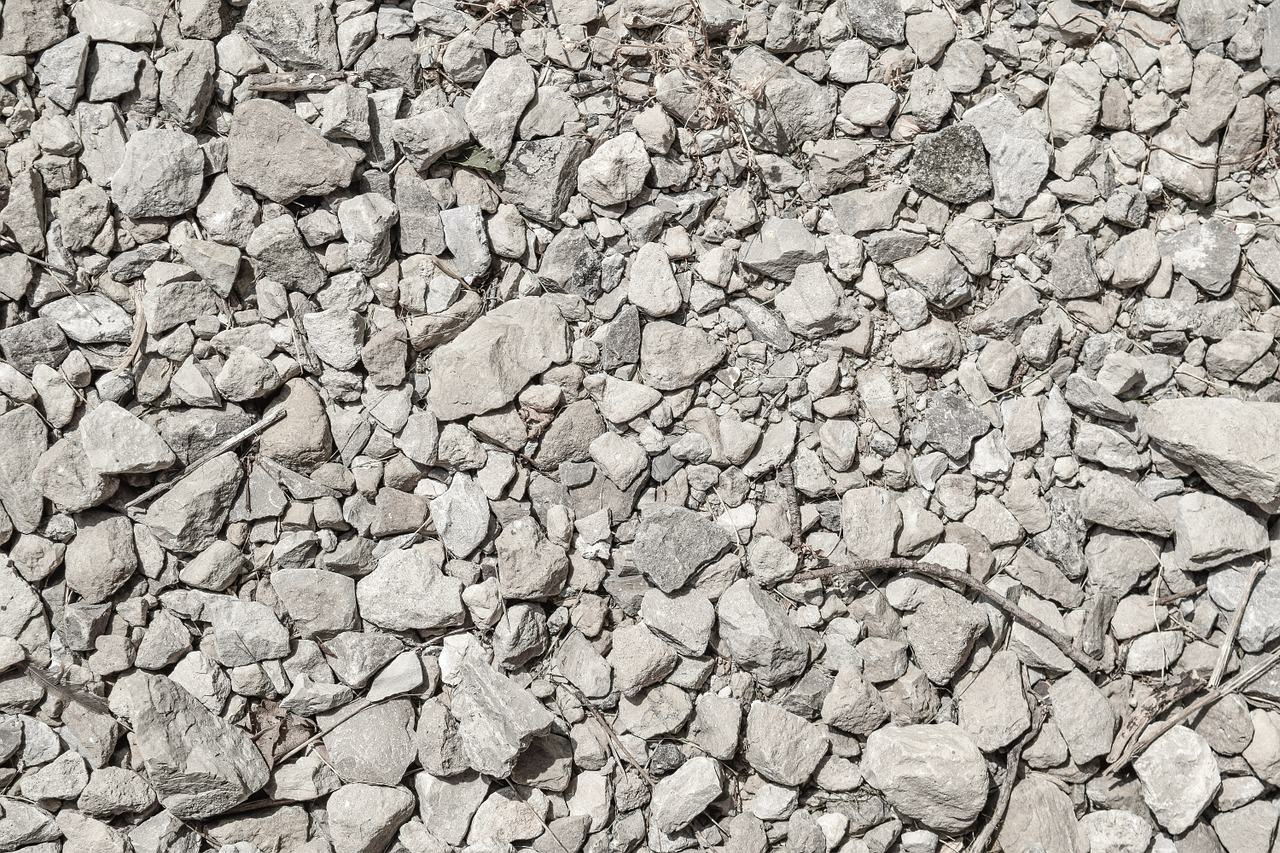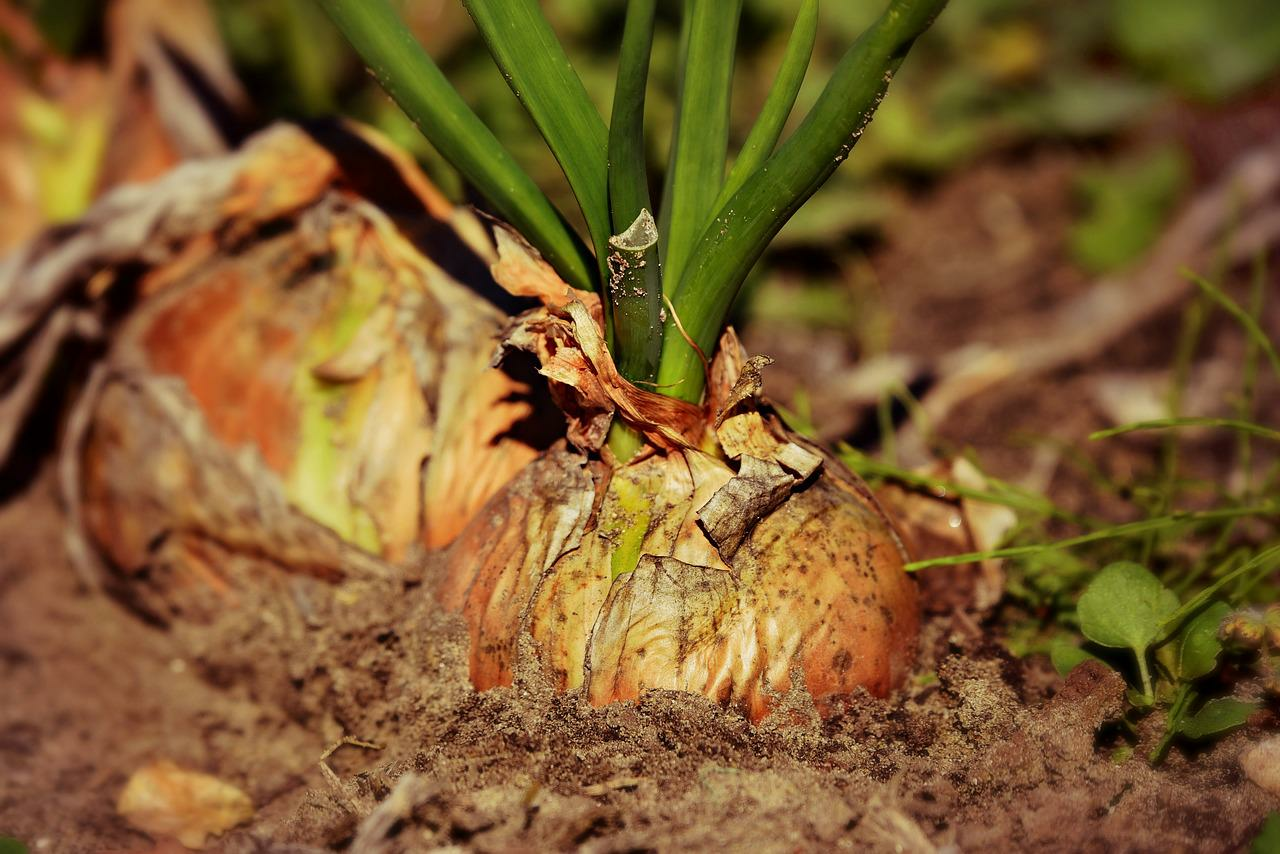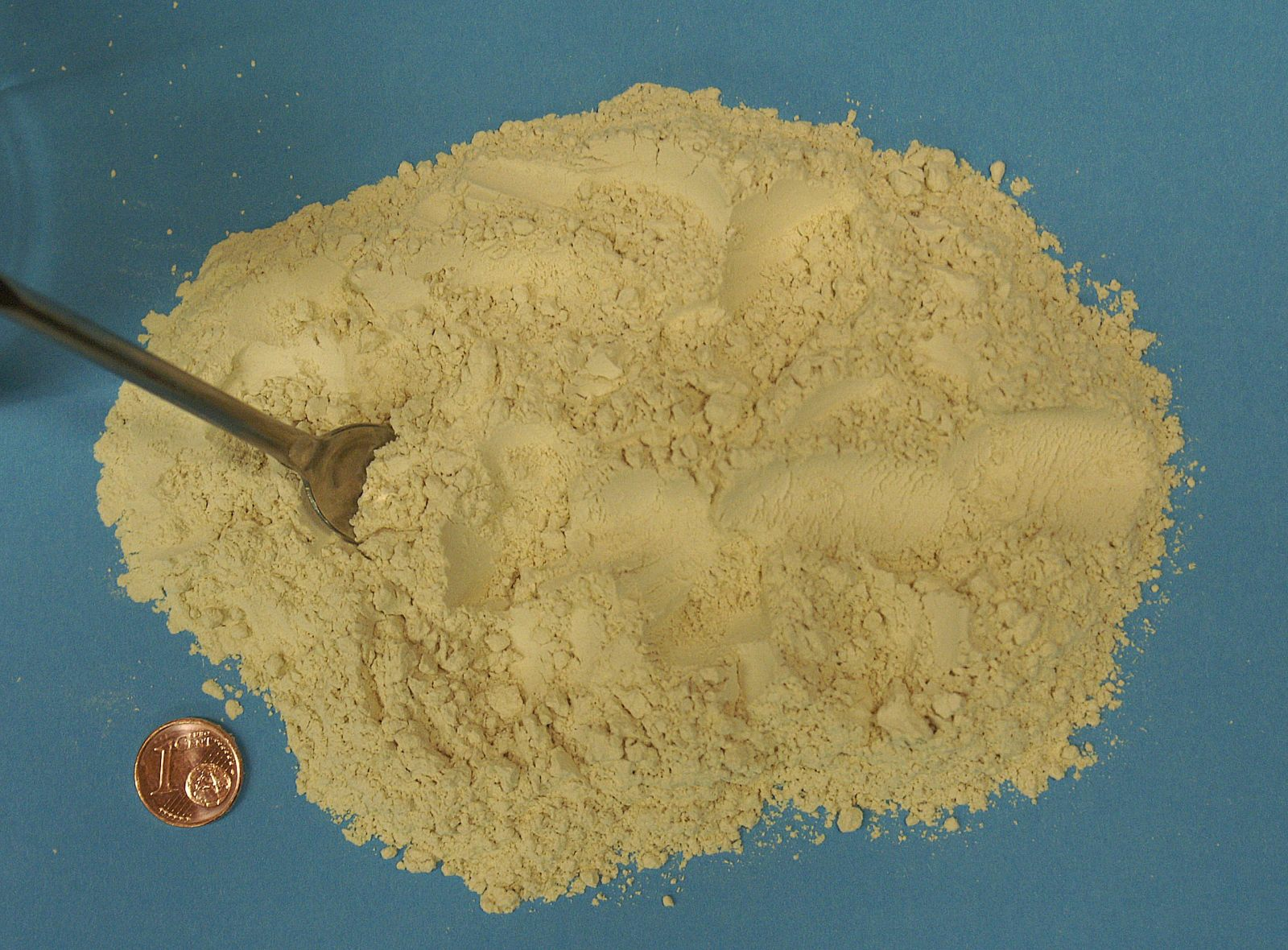Lime the garden floor
What is lime?
Lime mainly contains calcium, in different chemical forms depending on the lime fertilizer. Lime occurs naturally mainly as calcium carbonate (carbonated lime) and is released in the soil through weathering.
Why lime the garden soil?

Lime, like all other nutrients, is used up and must be replaced. If no lime is added, your garden soil will acidify over time. As soil ages, it is quite natural that it will acidify over time and the pH value will drop. There are numerous reasons for this: in addition to natural acid inputs from plants or rain, gardeners also contribute to soil acidification through fertilizers, for example.
Our tip:
Nitrogen fertilizers contain either nitrate or ammonium. Both fertilizers have an effect on the pH value in the soil. Nitrate has an alkaline effect, i.e. raises the pH value. Ammonium contributes to soil acidification as it lowers the soil pH. So if it is necessary to fertilize your plants with nitrogen-containing liquid fertilizer, use fertilizer with nitrate to prevent soil acidification.
Lime is important for soil & plants

Lime can be used to improve acidic and nutrient-poor soils. In an excessively acidic environment, nutrients are poorly available or not available at all to plants, which can lead to deficiency symptoms. Lime is a soil additive that boosts biological activity and thus humus formation. The soil structure improves, which reduces the risk of silting, erosion and erosion!

